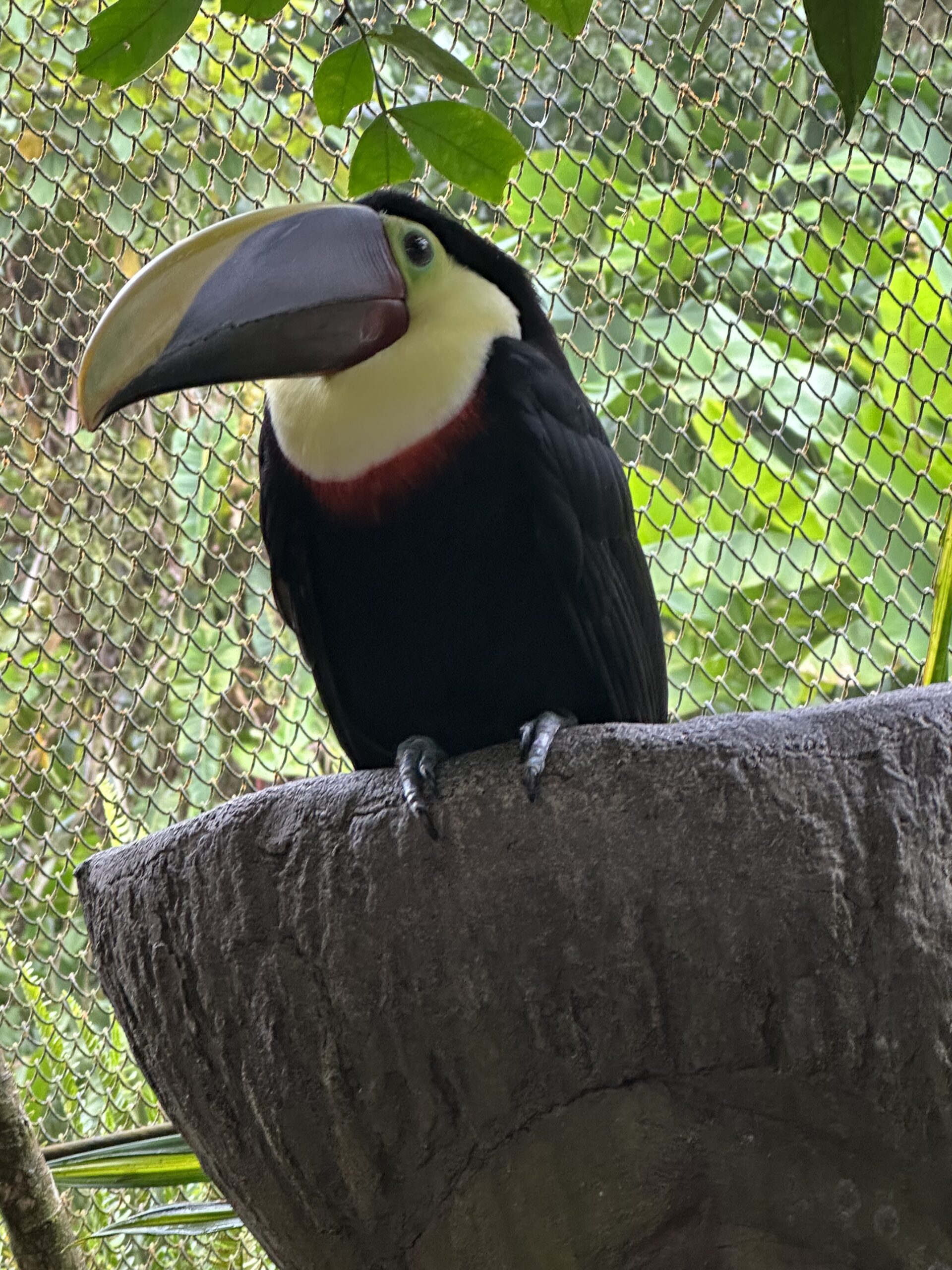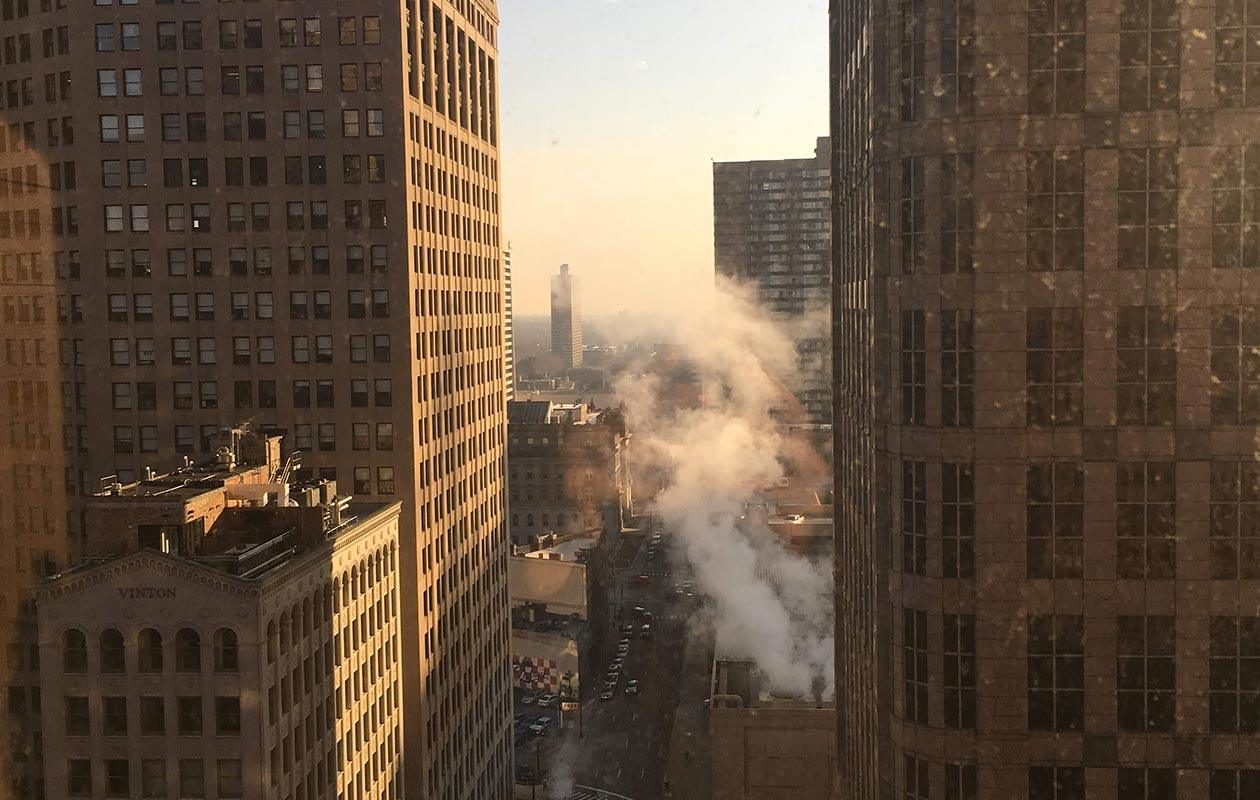The TL;DR
- Americas Scholars dive deep into global issues as they relate to the Americas (i.e., Central America, South America, the Caribbean, and North America).
- Students conduct research, attend seminars and outings, and travel to a global location.
- A 3.85 GPA is required to receive an invitation to apply to the program.

After your first year at the NYU Gallatin School of Individualized Study, you’ll be well on your way to developing your concentration and its frameworks and queries. During your second year, your opportunities expand. As part of an immersive Gallatin community like the Americas Scholars Program, you can deepen your studies through the exploration of a global issue as it relates to the Americas. Each year’s theme is new. Recent offerings included
- an examination of labor and landscapes on the Atlantic coast of Canada,
- a deep dive into the music of Haiti and the Dominican Republic, and
- an inquiry into decolonization in the Pacific Northwest.
Throughout the year, Americas Scholars attend seminars, lectures, and cultural outings. What’s more, they conduct independent research; contribute to collaborative group projects; and travel to a global location to gain real-world insight in real time.

Why Study the Americas?
According to Patrick McCreery, Gallatin associate dean of students, the Americas Scholars Program is a chance to “focus on some of the United States’ closest and deepest cultural, economic, and political relationships.”
For senior Maddy Jakes, last year’s theme, Costa Rica: Post-Colonial Science in the Mid-Anthropocene, provided unique insight for her sustainable business concentration. “Costa Rica serves as a successful case study in a country’s ability to truly value education, natural resources, and independence through placing local knowledge at the forefront of ecosystem management,” she explains.
Likewise, Sophia Opferman, a senior with a concentration in human rights, postcolonialism, and law, was eager to dig deeper into postcolonial studies. “I learned a lot from speaking to the Costa Rican people about their experiences,” she reflects. “It is one thing to read about a topic. It’s quite another to witness it in person.”
To be invited to apply to the program, Gallatin students must have at least a 3.85 GPA. Among this highly competitive group, only about 20 students are selected.

A Year of Intellectual and Creative Inquiry
Invitations for the following academic year’s program are sent each spring. So students apply knowing the theme and global location that will be central to their inquiry. This upcoming year, scholars will explore States of Emergency and Disaster in Chile. Under the mentorship of Professor Jacob Remes, participants will study how natural disasters, such as earthquakes, and human-made ones, like the 1973 Chilean coup d’état, have impacted the country.
For students pursuing highly individualized studies at Gallatin, the Americas Scholars Program offers an important chance to build networks and community. For example, Nevaeh Edwards, a junior with a concentration in global public health and racial studies, is grateful for the other students, experts, staff, and locals she interacted with. Her advice for incoming scholars? “Don’t be scared to converse with people you don’t know. You’ll be surprised how much you can learn from those around you!”



